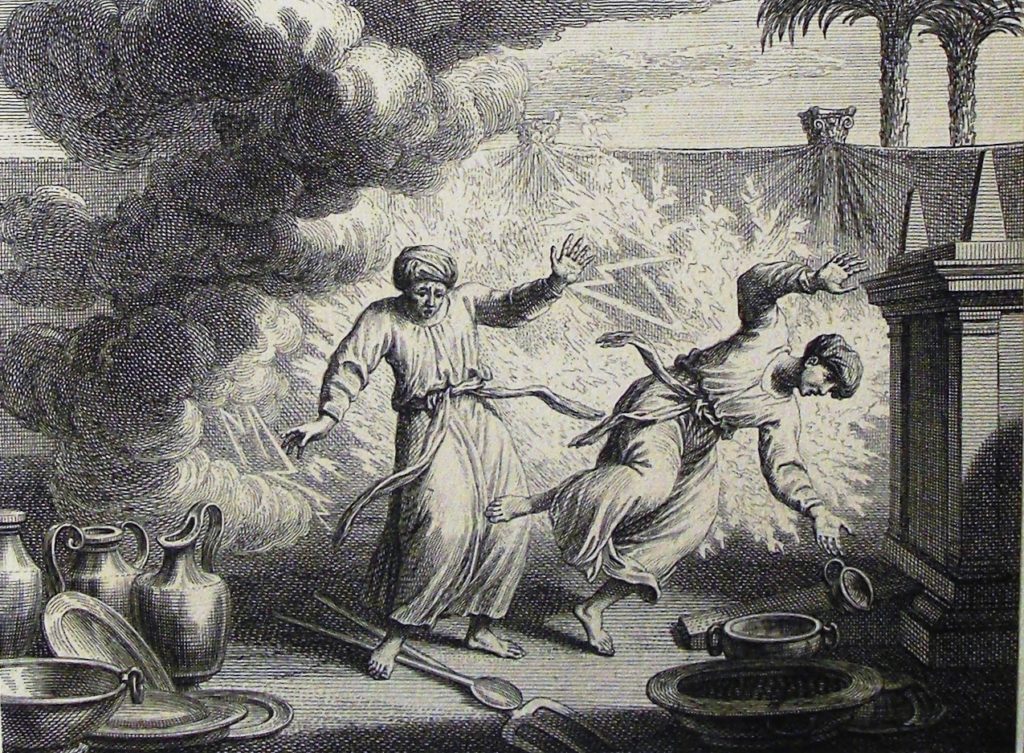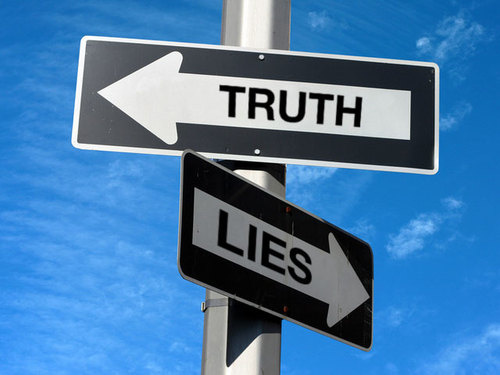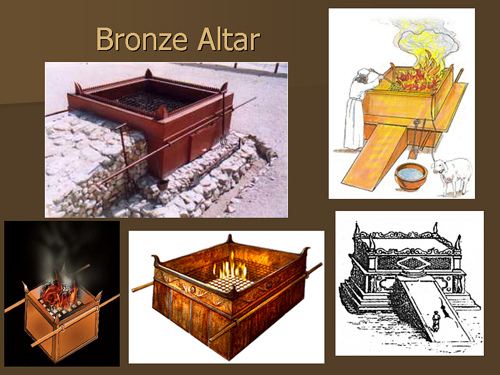
Roman 8: 2, The law of sin and death.
Some Christians who take a dim view YHVH’s Torah-law, often referred to in Scripture as “the law of Moses” or simply “the law,” refer to the Torah as “the law of sin and death”—a term Paul uses in Romans 8:2. Is YHVH’s Torah “the law of sin and death” or is there another law to which Paul is referring in this verse?
In Romans 7:23, Paul talks about “another law in my members, warring against the law of my mind, and bringing me into captivity to the law of sin which is in my members.” This other law is what the Jewish sages refer to as the evil inclination or ha-yetzer rah with which every human is born. This is because due to the fall of man each person is born spiritually cut off from Elohim and is thus subject to the powerful influences of the world, flesh and the devil.
Yielding to our innate yetzer rah or carnal (or fleshly), rebellious, sinful nature brings a person under the death penalty that automatically comes on each human for violating Elohim’s Torah. The law of sin and death is simply a matter of the “law” of cause and effect, that is, one reaps what one sows, or for every action there is a reaction. To wit, Paul states that “the wages of sin is death” (Rom 6:23). Ezekiel states that the soul that sins will die (Ezek 18:4). John goes on to say that “sin is the violation of Torah-law” (1 John 3:4). Therefore, the law of sin and death is yielding to our carnal nature that is prone to sin the results of which brings the consequences of sinful actions as prescribed by the Torah the end result of which is death or extinguishment of life and eternal separation from Elohim.
Just because YHVH’s Torah-law prescribes the death penalty for sin does not make the Torah evil any more than violating the law of gravity by jumping off a cliff makes that law evil, or violating a traffic law makes that law evil. Righteous laws exist for our good—to protect us from harm, and are thus not evil. Both the Torah-law, the law of gravity and other laws (e.g. traffic laws) are for our protection. But if we violate them, we not only jeopardize our well-being and safety and that of other people, but there may be a penalty to pay for breaking them as well.
In Genesis 2:17 Elohim laid down a law: do not eat of the tree of the knowledge of good and evil. He pronounced upon man the curse of death if he violated this law. Man broke the law and ate from the forbidden tree. To go against the law of Elohim is sin (1 John 3:4). As previously noted, the wages of sin is death (Rom 6:23), and the soul that sins shall die (Ezek 18:4). This then is the law of sin and death that Paul talks about in Romans 8:2. When a person obeys the Torah-laws Elohim, he will neither be sinning nor will he bring upon himself the wages of that sin which is death.
YHVH Elohim, man’s Creator, declares that every person has a choice to make: choose life of death.
See, I have set before you today life and good, death and evil… I call heaven and earth as witnesses today against you, that I have set before you life and death, blessing and cursing; therefore choose life, that both you and your descendants may live; that you may love YHVH your Elohim, that you may obey His voice, and that you may cling to Him, for He is your life and the length of your days; and that you may dwell in the land which YHVH swore to your fathers, to Abraham, Isaac, and Jacob, to give them.” (Deut 30:15, 19–20)
Before he died, Moses admonished the people of Elohim to choose to serve and obey YHVH. He referred to the YHVH’s Torah-law as “your life,” and he declared that bodying it was not a futile thing, but would bring blessings and long life.
“Set your hearts on all the words which I testify among you today, which you shall command your children to be careful to observe—all the words of this Torah-law. For it is not a futile thing for you, because it is your life, and by this word you shall prolong your days in the land which you cross over the Jordan to possess.” (Deut 32:46–47, emphasis added)
Therefore, YHVH Torah, that is, his instructions in righteousness, is not the law of sin and death. However, if we choose to follow our carnal, sinful human natures, and to choose to disregard our Creator’s words, then this will bring us under the law of sin and death, which is the negative consequences of our actions.
For the wages of sin is death, but the gift of Elohim is eternal life in Messiah Yeshua our Lord. (Rom 6:23)












